Collective Trauma: Looking Forward
2
by Maryam Ovissi, C-IAYT
Recently, I picked up the book, “The Modern Trauma Tool Kit: Nurture Your Post-traumatic Growth with Personalized Solutions” by Dr. Christy Gibson. I loved her refreshing lens on all things around trauma, even her take on the DSM (Diagnostic and Statistical Manual of Mental Disorders, the end all be all diagnostic tool for mental health professionals). “This is my overall problem with the DSM: it doesn’t acknowledge the social conditions and policies that have influenced a lot of the so-called illnesses.” Dr. Gibson leans into the necessity to acknowledge the collective culture and its beliefs and policies. This reading reminded me of a sutra that acknowledges this idea. In Patanjali’s Yoga Sutras (PSY) 2.34, Patanjali and Vyasa, primary commentator on PSY, states that sources of our mental sufferings can be derived from oneself, another, or approved by oneself and others. I have spent a lot of time thinking about this approval piece. So often, individual and collective trauma can be made normal due to cultural, political, and religious beliefs pervasive at that time and place. Our progress in healing may come in developing self-compassion in understanding the collective policies and beliefs that planted the seeds of mental dejection, emotional agitation, and trembling of body and breath (four stress syndromes listed in PYS 1.31).
Looking forward inquiry: Can decisions made by our governing bodies affect my nervous system?
In 2022, a rapid review was conducted on yoga interventions in healing psychological trauma. I was struck by the conclusion that from individual to collective, we need all the layers to achieve svastha (Sanskrit for well-being). Across the studies included in this review, the main effects of yoga practice on participants with psychological trauma were increased self-compassion, feeling more centered, improved coping skills, a better mind–body relationship, and enhanced relationships with others. This list starts from the individual and leads right to the collective!
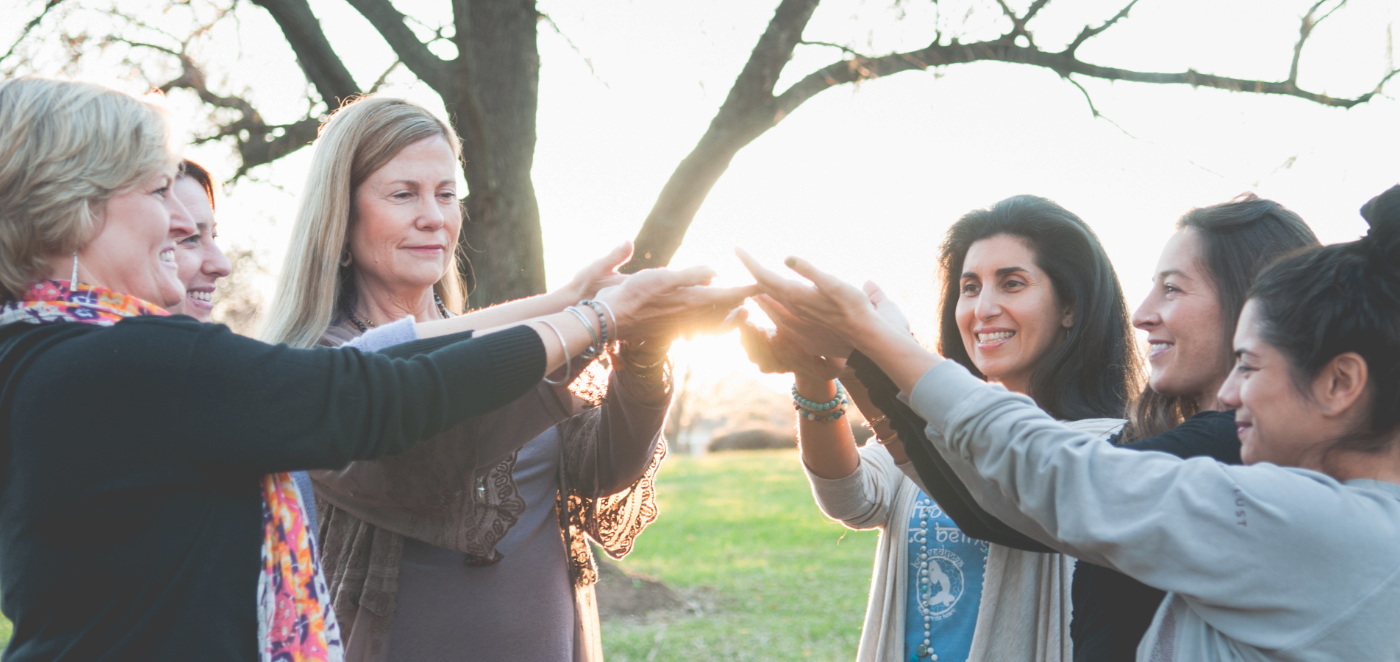
In my book “Care of the Whole Self: Yoga Inspired Tools to Befriend the Self,” I opened up with an essay on how we need to reclaim our nervous systems individually and collectively. I even make a case for a public health initiative that focuses on befriending our Self, our nervous system by first learning how to breathe with diaphragmic awareness. Imagine commercials as PSA (Public Service Announcements): Breath 101!
Looking forward inquiry: Are there small ways you can support community well-being?
Deb Dana, a licensed clinical social worker, in her 2021 book, “Anchored,” invites us to find the glimmers instead of the triggers. “Glimmers help us travel an upward spiral of safety and connection, and our foundation of regulation is strengthened. Finding glimmers is not a practice of bypassing; it’s a practice of recognizing our awesome capacity to hold both, the glimmers and suffering.”
I feel moving forward as Yoga Therapists, we can embrace our individual and collective capacity to heal through the cultivation of our core needs; belonging, safety, and dignity. As Yoga Therapists, we are incredibly equipped with tools inspired by the indigenous wisdom of Yoga and Ayurveda alongside modern science. At the heart of our work is to offer tools of connection and integration, a path towards resiliency.
Looking forward inquiry: Have we considered our professional role in supporting community resiliency?
The individual and collective are intertwined in an eternal dance. Let us consciously be open in our professional paths and, above all, as humans, be empowered to acknowledge the collective journey of each and every one of us.
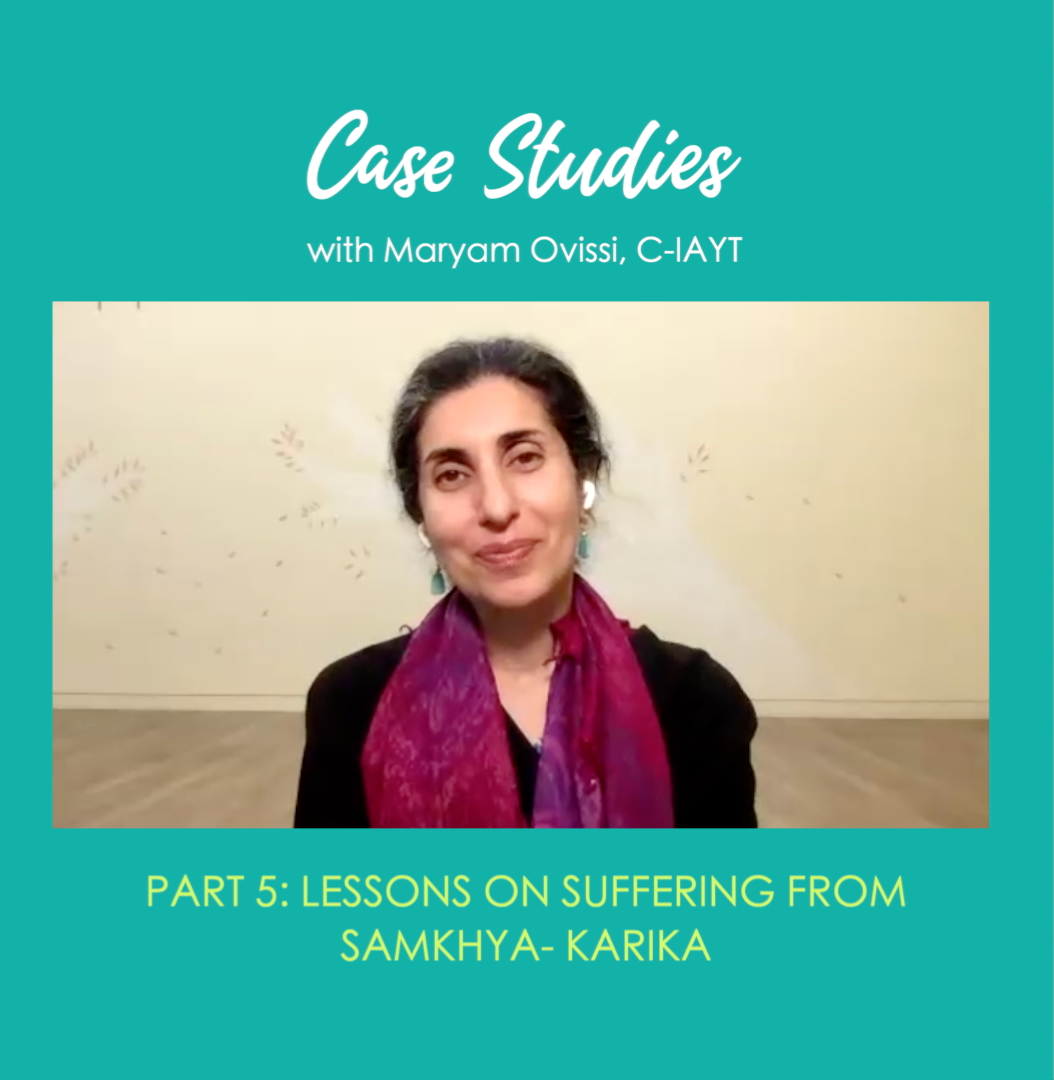
Check out Maryam’s Real-Life Case Studies video series on the Sequence Wiz community site. (Available exclusively to Sequence Wiz members. Learn more about Sequence Wiz membership >)
Part 1 (released): Core needs of an individual within a collective story
Part 2 (released): Using self-touch and community connection to overcome anxiety and loneliness
Part 3 (released): Using interval practices throughout the day to settle the nervous system
Part 4 (released): Combining movement with humming to both empower and calm the system
Part 5 (coming this Friday): Lessons on suffering from Samkhya-Karika
Join our Case Studies group to follow along!
[jetpack_subscription_form]
About Maryam
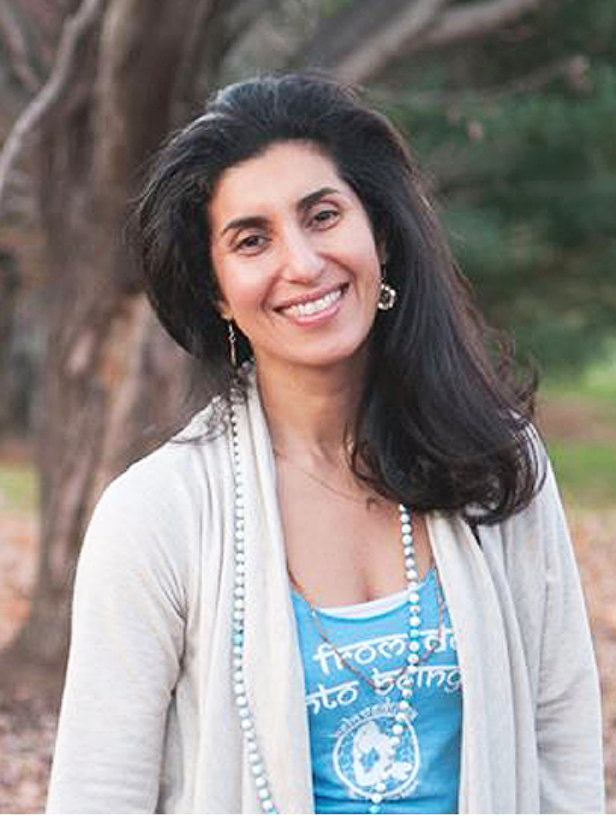 Maryam Ovissi is an accredited Trauma-Informed Clinical Yoga Therapist and Yoga Teacher. Her personal mission as an educator is to provide an opportunity for her students to have access to tools that allow healing, empowerment, and self-realization. Maryam founded Beloved Yoga: A Sanctuary for All, located in Reston, VA, offering yoga therapy, trauma-informed yoga, and a range of accessible classes to share the indigenous teachings of Yoga and Ayurveda with reverence, integrity and accessibility for the community at large, locally and internationally. Maryam’s teachers are the Mohans, and she is honored to be a lead teacher in their Svastha Yoga Therapy Program.
Maryam Ovissi is an accredited Trauma-Informed Clinical Yoga Therapist and Yoga Teacher. Her personal mission as an educator is to provide an opportunity for her students to have access to tools that allow healing, empowerment, and self-realization. Maryam founded Beloved Yoga: A Sanctuary for All, located in Reston, VA, offering yoga therapy, trauma-informed yoga, and a range of accessible classes to share the indigenous teachings of Yoga and Ayurveda with reverence, integrity and accessibility for the community at large, locally and internationally. Maryam’s teachers are the Mohans, and she is honored to be a lead teacher in their Svastha Yoga Therapy Program.
Maryam published Care of the Whole Self: Yoga-Inspired Practices for Befriending the Self in 2020 amid the COVID-19 pandemic. Before that, she wrote Pilgrimage through Patanjali’s Yoga Sutras: Guidebook for Yoga Travelers. Her other writing can be found in publications such as Yoga Therapy Today, World Medical & Health Policy, the American Institute for Cancer Research, and Yogi Times. She is a contributor to the groundbreaking 2022 publication of Yoga Therapy Across the Cancer Care Continuum by Leigh Leibel and Anne Pitman and A World Between: Poems, Short Stories and Essays by Iranian Americans (1999).
Maryam’s commitment to service and public well-being is the guiding light in all her work. Growing up with a renowned international Iranian modern artist, her father, Nasser Ovissi, immersed her in the sea of reverence for art and creativity. She serves on the board of the Tephra: Institute of Contemporary Art and also makes time to explore creativity in her own life through writing poetry and art-making. As an appointed advisory council member to Cathy Hudgins Southgate Community Center as well as NUFDI, she is grateful to be involved in meaningful ways to support the underserved and consider initiatives that activate collective solutions for mental health and human rights.

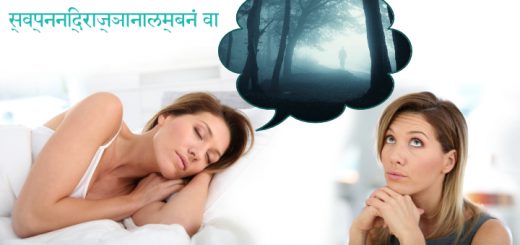
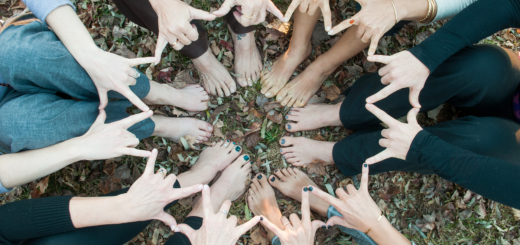

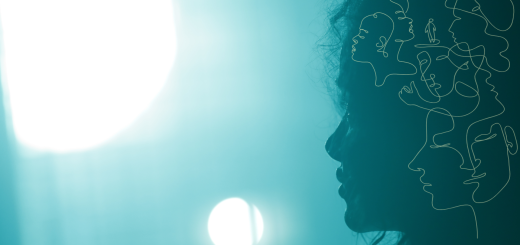

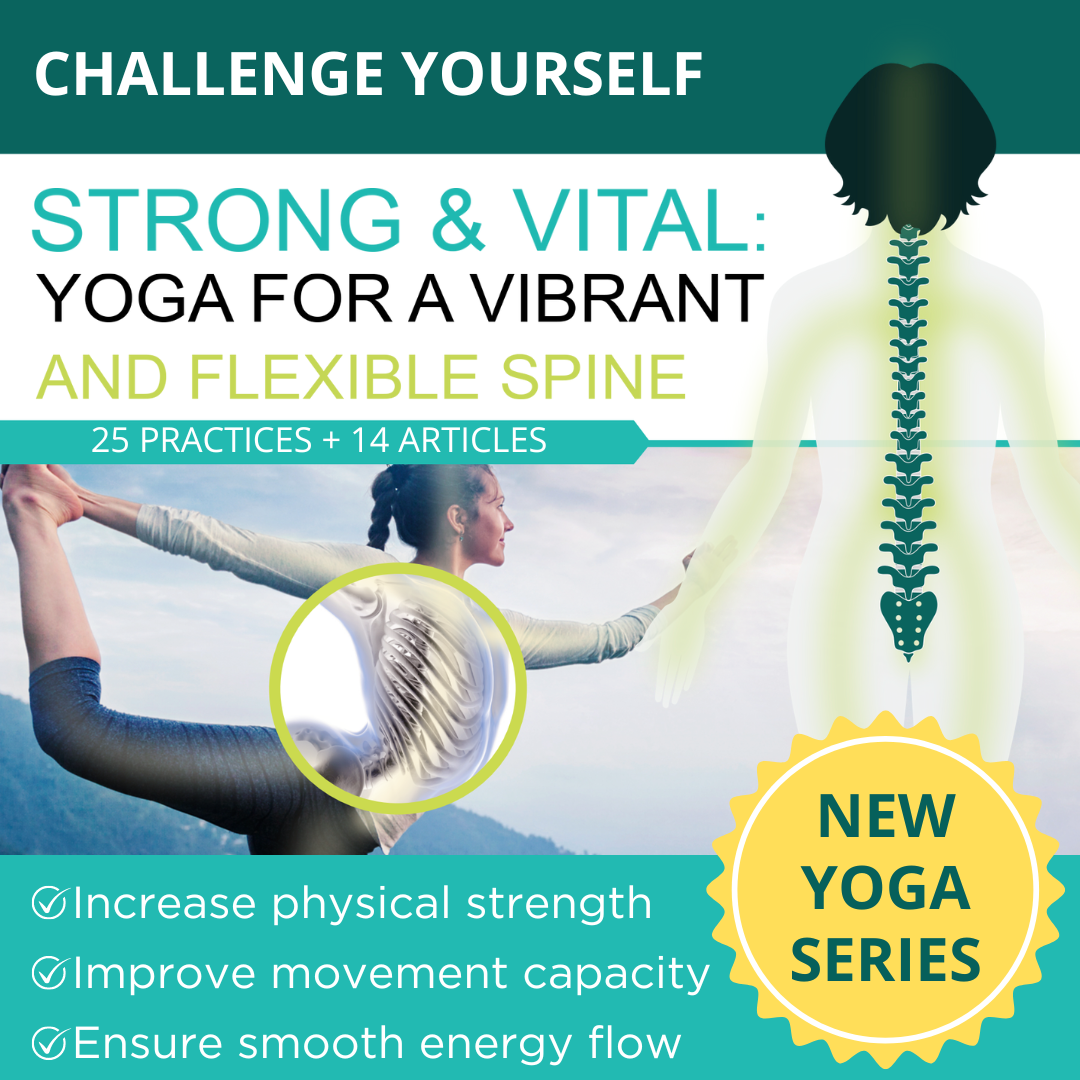
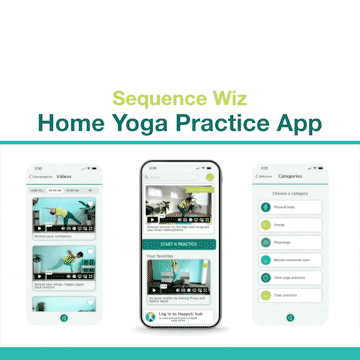
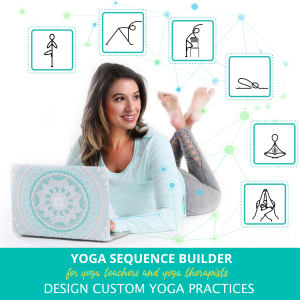
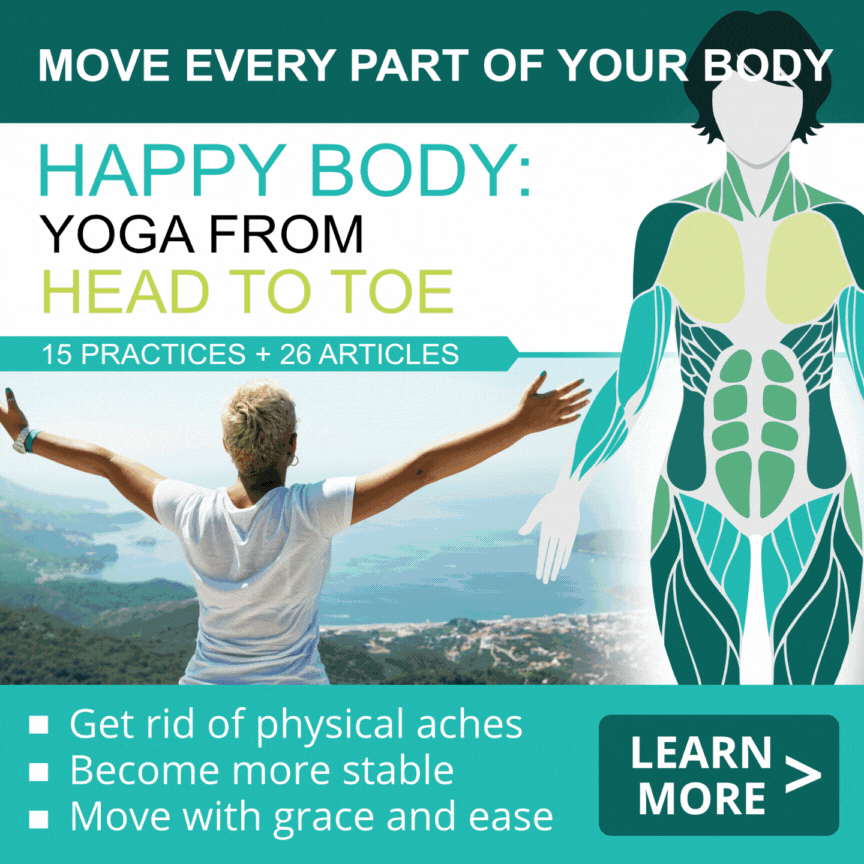

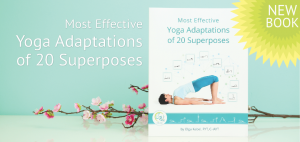
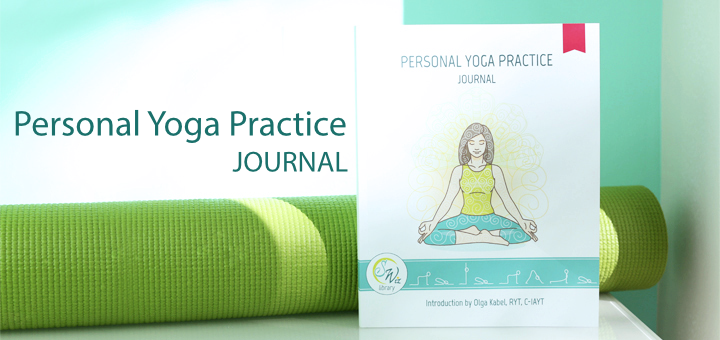
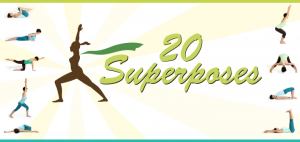


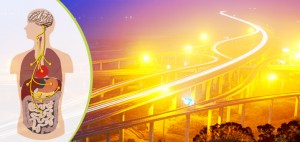
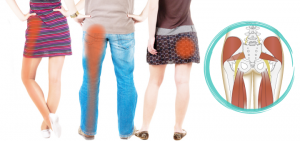
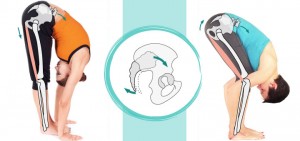
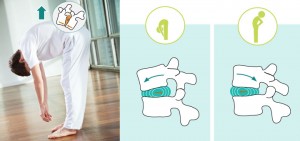
Hi Maryam, I am also a yoga teacher and a trauma therapist. I practice ATPP system therapy. Approach, Transformation and Programming of the Preconscious. My therapy removes the trauma from its core. I can completely related to it. Thank you for sharing your thoughts
Thank you Cindy. I have not heard about ATPP and it sounds very interesting. Thank you I will certainly look into it!